12 Fruits and Vegetables Most Contaminated With Pesticides
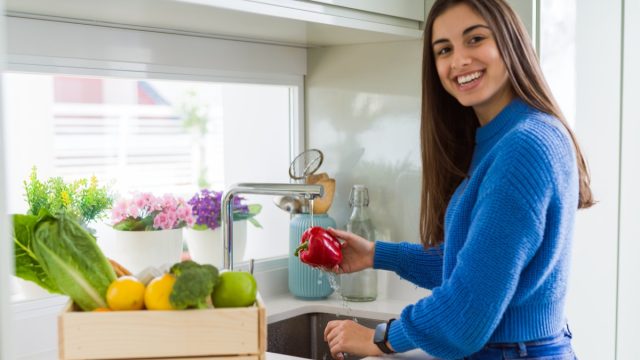
Which fruits and veggies should you be buying organic? You might be surprised by the "dirtiest" types of produce in the market. Janine Bowring, ND (@j9naturally), is a naturopath doctor and social media influencer who offers health and wellness advice to her nearly 1 million TikTok followers. In a new TikTok video, she discusses the "Dirty Dozen" list released annually by the EWG. Body Network's Resident RDN, The Diet Diva Tara Collingwood, also weighs in and reveals ways to clean up each piece of produce.
Green Beans
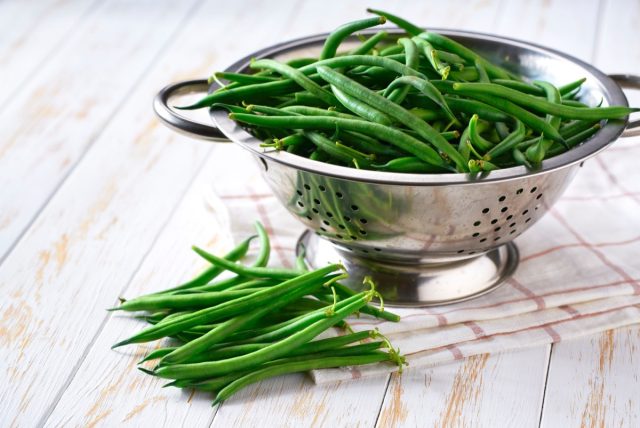
"Okay, number 12 on the list is green beans," says Dr. Bowring. "Green beans can be rinsed well and trimmed to remove a lot of residue," adds Body Network's Resident RDN, Tara Collingwood, MS, RDN, CSSD, LD/N, ACSM-CPT, a Board Certified Sports Dietitian and co-author of the Flat Belly Cookbook for Dummies. "Because they are a sturdy vegetable, don't be afraid to use your hands to rub them to remove even more."
Blueberries
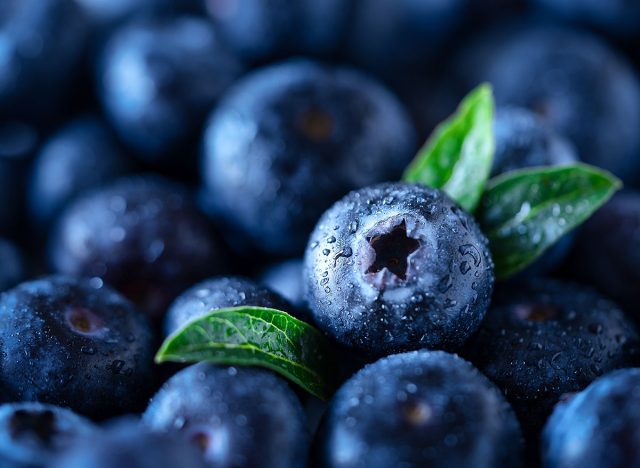
"Number 11, blueberries," reveals Dr. Bowring. "Toxic because of the pesticides, the herbicides." According to Collingwood, you should "definitely" rinse them, "but they are very delicate, so you don't want to handle them with any force," she says. "You can also dry them or gently blot them with some paper towel or clean dish towel."
Cherries
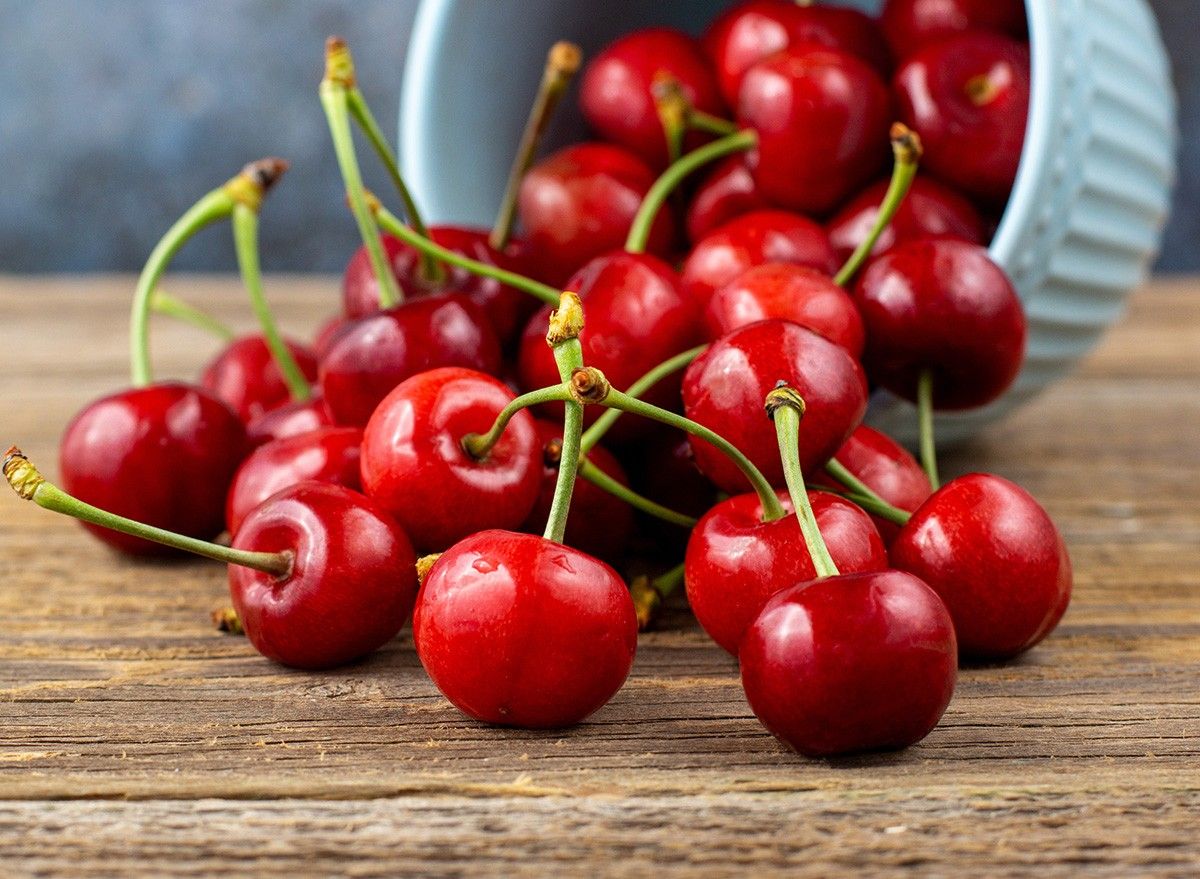
"Number 10 on the list is cherries," reveals Bowring. "I like to rub cherries with a clean dish towel or paper towel, and it is so satisfying to literally see the dirt/residue coming off onto the towel," says Collingwood. "Much more effective than just a quick rinse."
Bell and Hot Peppers
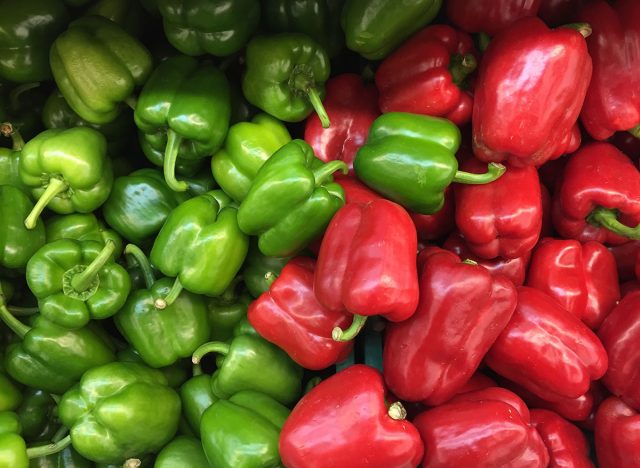
Number nine? "Bell and hot peppers," reveals Bowring. "Peppers have a very thick skin and often a waxy coating on them, so definitely use some elbow grease (manual handling) to rub them with a paper towel or clean dish towel," says Collingwood. "Trim away the stems, of course."
Grapes
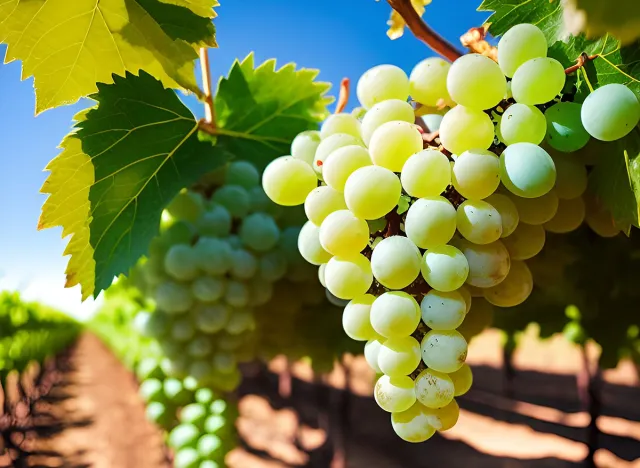
"Number eight on the list, grapes," says Bowring. To clean grapes, follow the same instructions as cherries, notes Collingwood.
Apples
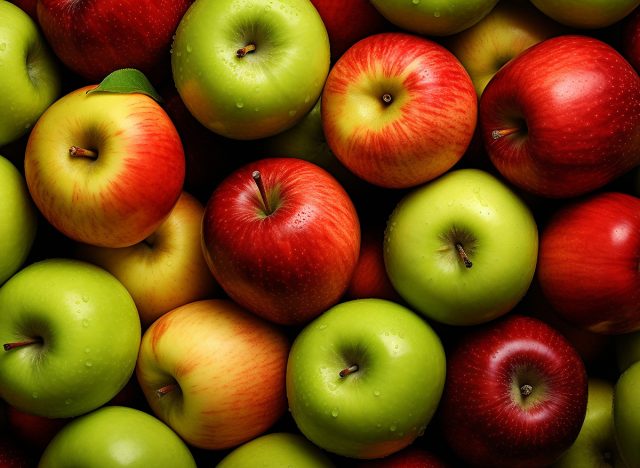
"Number seven, apples," Bowring continues. "Again, apples are sturdy fruits, so they do well with manual handling and rubbing them well after rinsing under water," says Collingwood.
Nectarines
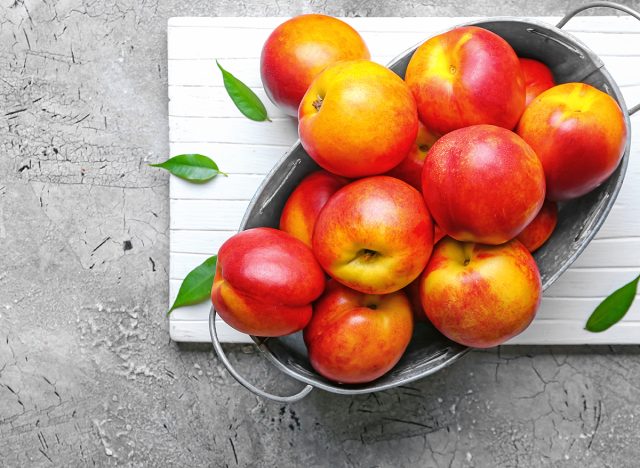
Number six, nectarines. "Nectarines are softer and can get mushy if you rub them too hard, so rinse under running water and gently rub them while under the water," explains Collingwood.
Pears
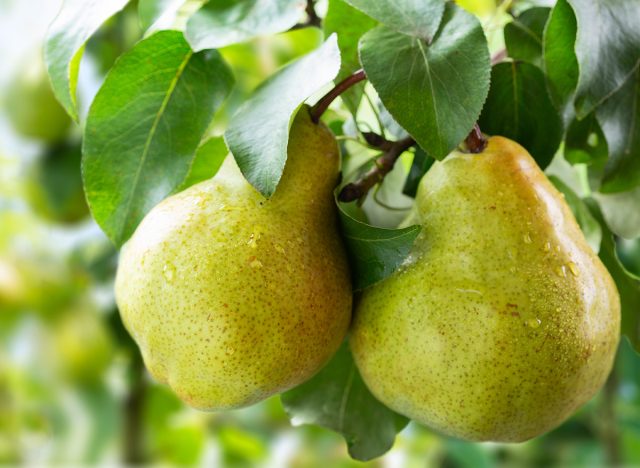
"Number five? Pears, Bowring reveals. Collingwood recommends following the same cleaning instructions as apples to clean pears.
Peaches
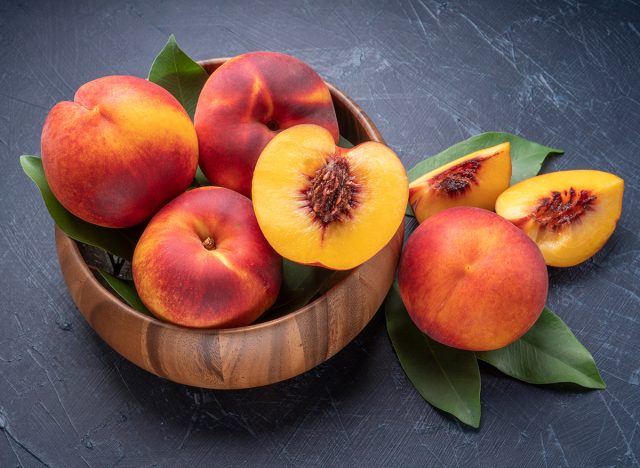
"Number four, peaches. Heavily sprayed. I used to work on a peach farm," Bowring reveals. To clean peaches, follow the same instructions as nectarines. "You can peel them if you would like if you are that concerned," adds Collingwood.
Kale, Collard, and Mustard Greens
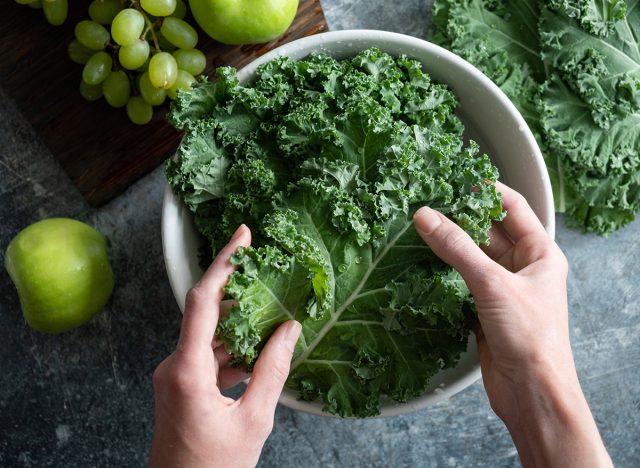
"Number three, kale, collard, and mustard greens," says Bowring. "Rinse well under running water and use hands to gently massage them under the running water to remove more residue," recommends Collingwood.
Spinach
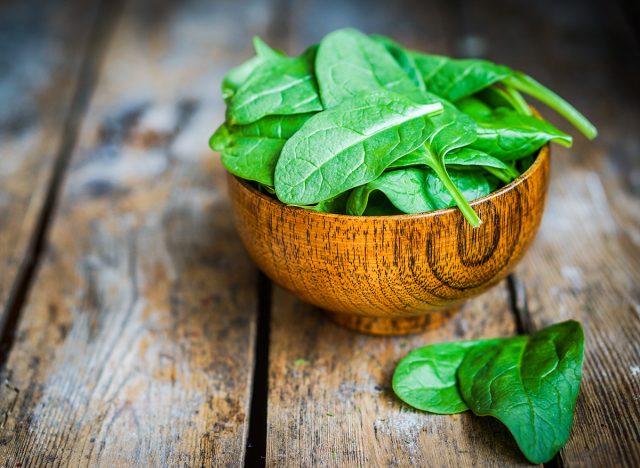
"Number two on the list is spinach," says Bowring. Before you sautee the green or add it into your smoothie, Collingwood recommends following the same instructions as the other greens.
Strawberries
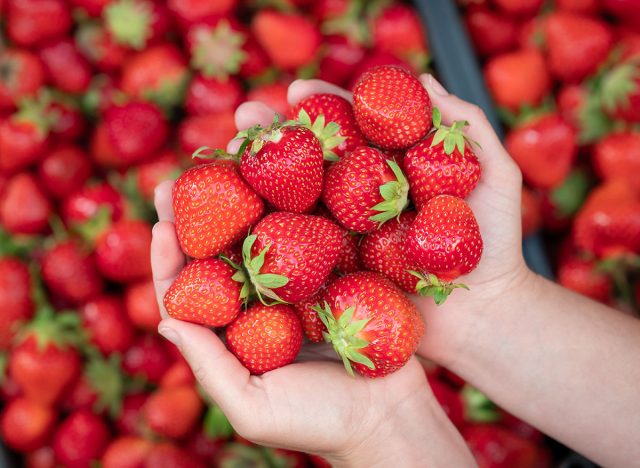
"At the number one spot, one of my favorites, strawberries," says Bowring. Collingwood suggests cleaning thoroughly by rubbing under running water.
Bottom Line: Buy Organic, Grow Your Own, or Clean Thoroughly
@j9naturally 12 Most TOXIC Fruits & Veggies 🍑🫑 Dr. Janine reveals the 12 most toxic fruits & veggies you should be aware of. Learn tips on how to avoid harmful pesticides and choose organic options. #nutrition #fruits #veggies #washfruits ♬ original sound – doctorjanine Bowring, ND
"So whenever you can, my tips are buy organic, grow your own, or you may need to make and use a fruit and veggie wash. Something with apple cider vinegar," Bowring concludes. "With any of these, you can use approved fruit and vegetable washes that remove more residue than water alone," adds Collingwood.




